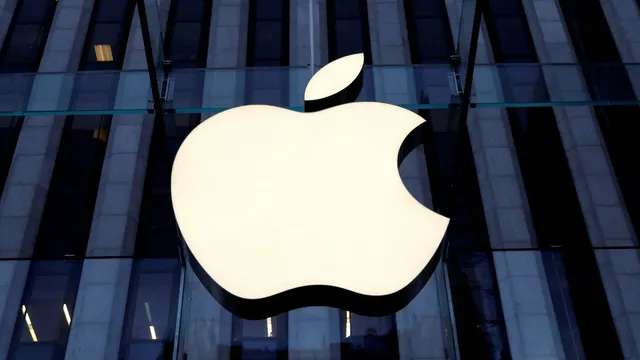- By Alex David
- Tue, 17 Jun 2025 06:16 PM (IST)
- Source:JND
A California district trial court has rejected Apple's request to toss out a class-action case that claims the company engages in anti-competitive behaviour around its iCloud platform. Filed in 2021 and revised earlier this year, the suit argues that by blocking third-party clouds from reaching and storing key iPhone data, Apple hands iCloud an illegal monopoly.
What the Lawsuit Claims
The plaintiffs argue that Apple:
- Forces users to back up essential data (like device settings and app data) exclusively via iCloud.
- Blocks third-party services from accessing this core backup data, preventing them from offering a “full-service” cloud storage alternative.
- Maintains a monopoly on cloud-based storage for iPhones, both in revenue and user numbers.
According to the court filings, Apple users can back up media and documents to services like Google Drive or Dropbox, but cannot back up or restore full system data using anything other than iCloud.
Apple’s Defence
In its “motion to dismiss”, as per CourtListener by Free Law, Apple claimed that its design is based on security and privacy concerns, stating:
“That design decision was and always has been a feature grounded in security and privacy considerations, given the sensitivity of the data required to restore one’s Apple device.”
What the Judge Said
U.S. District Judge Eumi Lee first tossed the lawsuit, yet let plaintiffs move forward after they filed a second amended complaint. The court now thinks the fresh allegations plausibly point to anti-competitive conduct.
As a result, Apple must defend its iCloud policies at trial.
Final Thoughts
This lawsuit could have major implications for cloud storage competition and user choice on Apple devices. If successful, it might force Apple to allow third-party apps to offer full iPhone backup services — a move that could shift dynamics in the mobile cloud market.
For now, iCloud remains the only way to fully back up and restore iPhone data.

